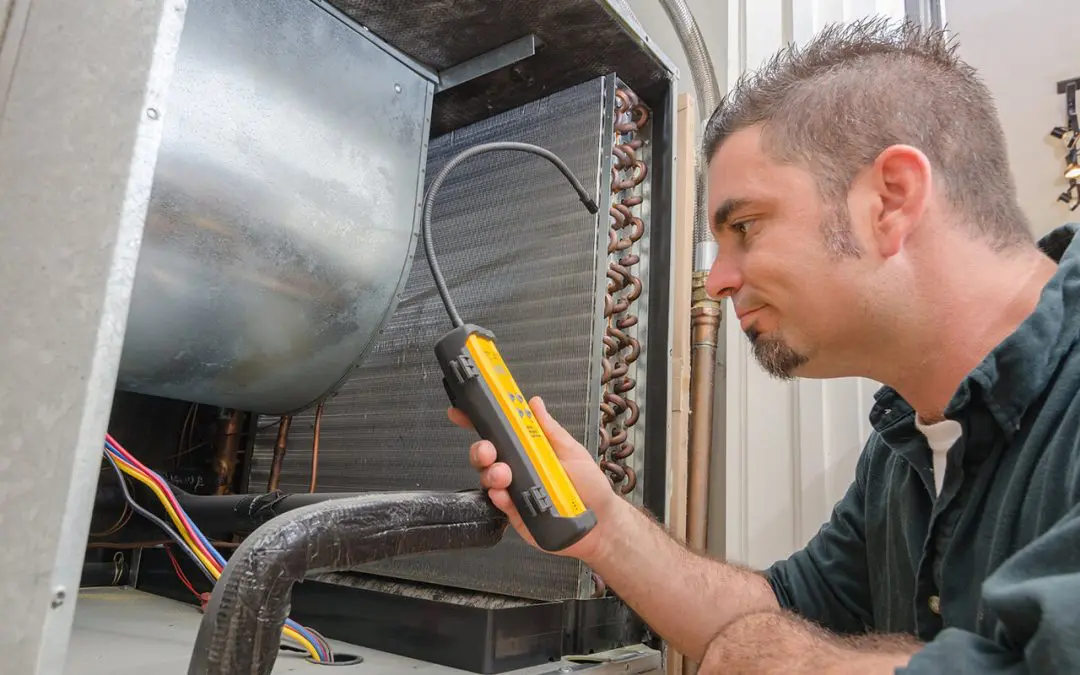HVAC Spring Tune-Up
As spring starts to bloom and temperatures increase, confirming that your HVAC system is in top-notch condition is a necessary part of seasonal maintenance. A properly tuned HVAC system is vital to maintaining indoor comfort and energy efficiency in Florida, where the weather can be unpredictable and often sweltering. Use these tips to guide you through the HVAC spring tune-up process this season.
Importance of an HVAC Spring Tune-Up
Your HVAC system works tirelessly year-round to keep your home comfortable, but it accumulates wear and tear, especially after the winter months. A spring tune-up is crucial for several reasons:
- Efficiency: A well-maintained HVAC system operates more efficiently and saves on energy bills.
- Preventive maintenance: Regular maintenance helps identify and address issues before they become bigger problems.
- Extended lifespan: Proper maintenance prolongs the lifespan of your HVAC system and saves you money in the long run.
- Improved indoor air quality: Cleaning or replacing filters improves indoor air quality, which is important for allergy sufferers.
Steps for Spring HVAC Tune-Up
Here are the steps to take to guarantee your HVAC system is ready to tackle the spring and summer heat:
- Replace air filters: Dirty filters restrict airflow and reduce system efficiency. Replace disposable filters or clean and reinstall washable ones.
- Inspect the thermostat: Confirm your thermostat is functioning correctly, and consider upgrading to a programmable thermostat for increased energy savings and convenience.
- Check the outdoor unit: Remove debris, such as leaves or branches, from the outdoor unit. Trim vegetation around the unit to allow proper airflow.
- Clean air ducts: Over time, dust, pollen, and other contaminants accumulate in your air ducts, affecting indoor air quality.
- Inspect and clean coils: Dirty coils hinder heat exchange and strain your system. Clean the evaporator and condenser coils to secure optimal performance.
- Check the refrigerant levels: Low refrigerant levels may indicate a leak in your system. A professional HVAC technician will inspect and recharge refrigerant as needed.
- Inspect the electrical components: Loose or damaged electrical connections pose safety hazards and affect system performance. Be sure all electrical components are secure and in good condition.
- Test the system controls: Test the operation of your HVAC system, including heating, cooling, and fan modes, to make sure all functions are working correctly.
- Schedule professional maintenance: While there are many tasks homeowners can perform themselves, scheduling professional maintenance at least once a year is essential for thorough inspection and servicing.
With these spring HVAC tune-up tips and the FAQs below, you’ll know that your HVAC system is ready to keep your home comfortable throughout the spring and summer months. Perform HVAC maintenance in advance so it is functioning reliably when you need it to.
FAQs
How often should I replace my air filters?
Disposable air filters should be replaced every 1-3 months, depending on the manufacturer’s instructions. Reusable filters should be cleaned regularly.
How can I tell if my air ducts need cleaning?
Signs that your air ducts may need cleaning include visible dust buildup around vents, musty odors coming from the ducts, uneven heating or cooling throughout your home, and an increase in allergy symptoms among family members in the home. If you notice these signs, scheduling professional duct cleaning may be needed.
How do I improve the energy efficiency of my HVAC system?
Improving the energy efficiency of your HVAC system involves several steps, including regular maintenance, proper insulation, sealing air leaks, upgrading to energy-efficient equipment, and using programmable thermostats to regulate temperature settings.
What are the benefits of a programmable thermostat?
Programmable thermostats offer several benefits, including automatically adjusting temperature settings based on your schedule, which leads to energy savings and increased comfort. They also allow precise control over heating and cooling, reducing unnecessary energy consumption.
What should I do if my HVAC system is making unusual noises?
Unusual noises from your HVAC system, such as banging, rattling, or squealing, could indicate underlying issues that require attention. Turn off the system and contact a professional HVAC technician to diagnose and address the problem promptly.
Low Keys Home Inspections provides inspection services to the Florida Keys. Contact us to schedule an appointment.

